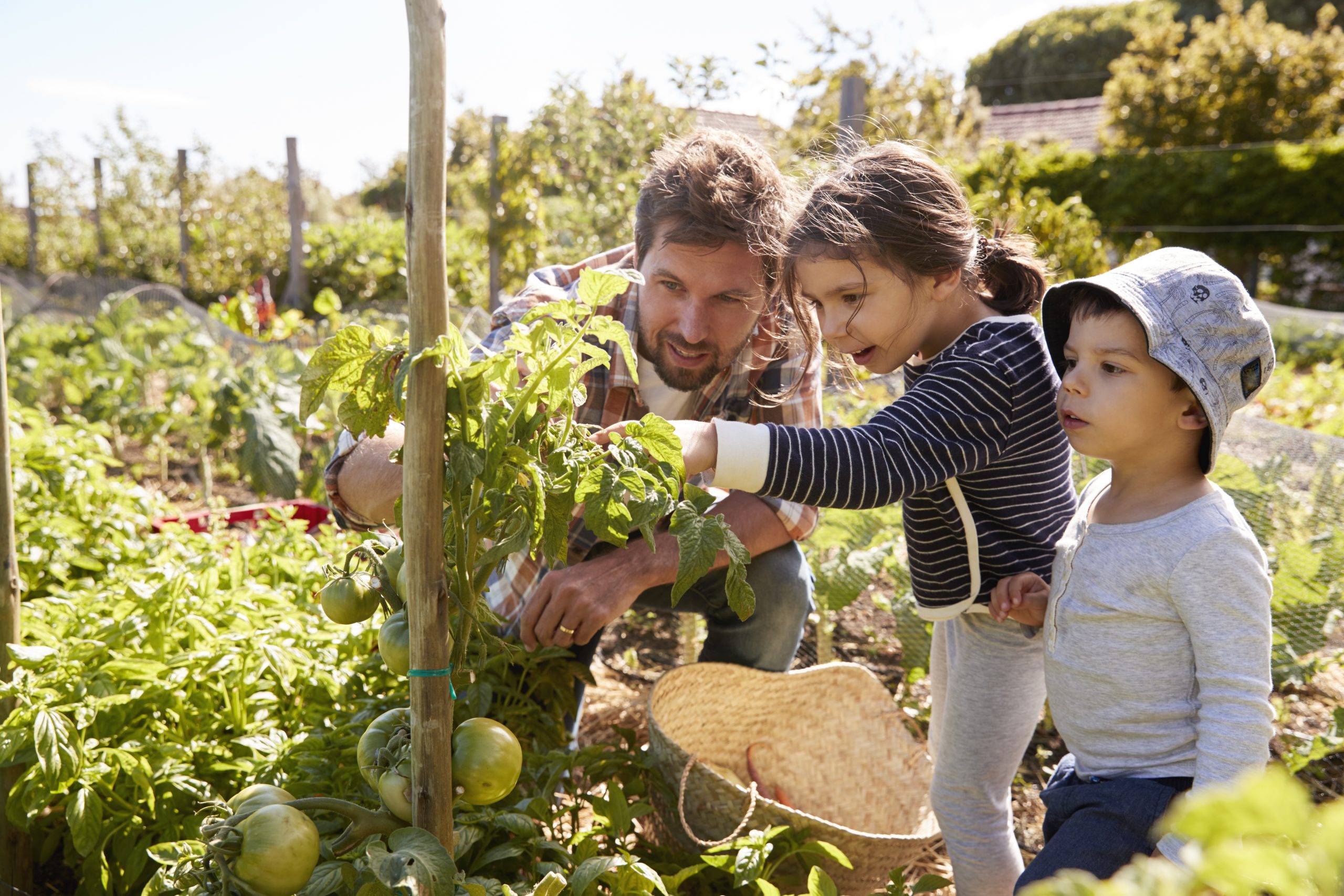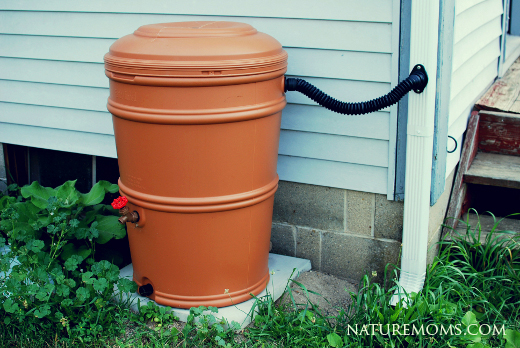
In today’s world, it’s vital to make sure you’re doing everything you can to help the environment survive and thrive. If you’ve already made the switch to reusable bags and metal straws, what else can you do? For gardeners, the next step is easy. By making your garden more sustainable, not only will you be helping the environment, but you’ll likely save some money as well.
Here are four key tips to help you garden more sustainably:
- Use compost on your garden
One way to increase your garden’s sustainability is to look for ways to give “waste” a new life. Take composting, for example. One of the easiest ways you can be more sustainable is to start composting your food scraps. This way, your “waste” will become anything but, as it helps your ornamental plants, fruits, and veggies to grow.
You can compost organic matter, including vegetable scraps and even egg shells. As organic waste breaks down over time—microbes digest it as food themselves—it becomes a rich soil that contains many of the crucial nutrients your plants need in order to grow. If you want more control over a specific set of plants’ “diet,” it’s easy to add box gardens. Then, you can use your new compost to ensure that anything planted there gets enough nutrients. (1)
Composting helps the environment in other ways too. When organic waste is put in landfills, its decomposition produces harmful gases like methane. On the other hand, when used for compost under controlled conditions, it breaks down in a way that won’t cause the same environmental damage. (2)
Making your own compost is easy. All you need to do is:
- Get a compost bin
- Start adding brown and green waste
- Add some water
- Mix it from time to time to ensure it’s breaking down completely.
Once it’s ready, you’ll have something nutrient rich to add to your own garden at no added cost. (3)

- Save water by using rainwater
As those gardening in drought-impacted areas know, water isn’t an endless resource. We should all be trying to save water whenever we can, and gardening is no different. An easy way to reduce water usage is to use rainwater on your plants. You may find it most cost effective to install a water tank in your garden so you can capture as much rainwater as possible. (4)
Along with saving you money, this also means that you won’t be taking water from another source, which reduces your environmental impact. Even if you can’t install a water tank, whether for reasons of space or money, there are steps you can take. For example, try placing some buckets and tubs around your garden to capture rainwater. Remember, when aiming to be more sustainable, small changes can make a big difference over time. (4)
- Fill your garden with native plants
When it comes to sustainability, what you choose to plant matters. Including native plants in your garden will offer a range of benefits, both to native animals and to the environment. Native plants will, of course, vary depending on where you live, so it’s important that you do your own research.
Some of the benefits of using native plants include:
- They provide food and shelter to native wildlife—Since they’re adapted to each other, native flora and fauna often have mutually beneficial relationships.
- They save you money—Because they’re often grown locally, there isn’t any added transportation cost and they grow more easily in the area.
- They save you water—These plants are adapted to the local environment, so they can usually survive on just the amount of water available naturally.
- They help preserve other local plants—Because your garden is part of the local ecosystem, when you grow more native plants, other species that depend on them are more likely to thrive. (5)
Native plants are an easy choice for another reason: they reduce garden maintenance. So, whether you want to save time, or you want to see more local critters in your garden, native plants could be right for you.
- Avoid chemical fertilizers and use natural ones instead
To garden sustainably, you’ll want to avoid using chemical fertilizers as much as you can, since they can wreak havoc on an ecosystem. For plants that do need fertilizer—if you have your own veggie garden, for example—take a look at the natural options available to you.
A study found that when chemical fertilizers are used excessively, they can cause serious issues like:
- soil degradation
- nitrogen leaching
- soil compaction
- a reduction in soil organic matter.
These issues are hard to reverse, and they can be avoided by using organic fertilizers instead. Using your own compost is a great alternative because it’s all natural and has many of the same benefits as chemical fertilizers. If you don’t have any compost, bone meal or fish emulsions are great options as well. (6) (7)
Conclusion
Gardening more sustainably is a great way to be more environmentally friendly. You can save money too. Consider installing a water tank to catch rainwater and composting your organic scraps. Planting native plants and using natural fertilizers will benefit the local ecosystem as well.


